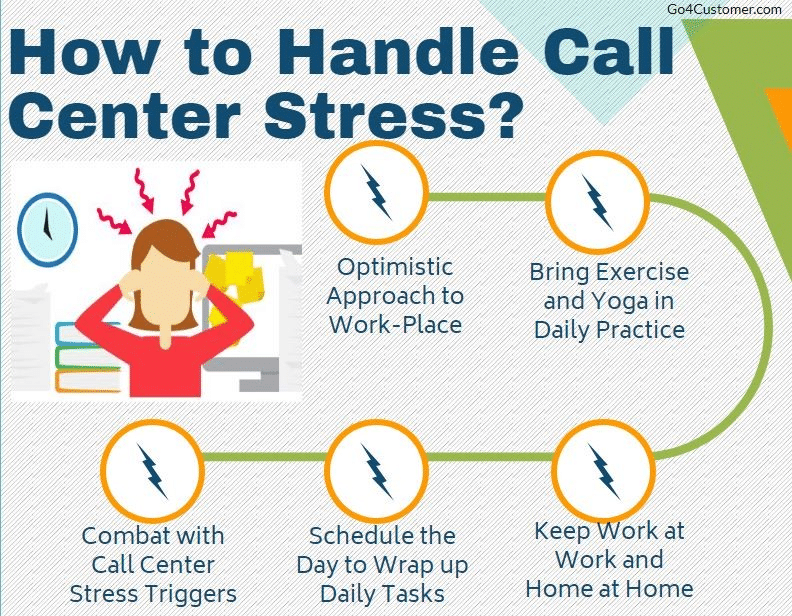Accommodation in the UK

You have four main options when it comes to finding a place to live during your studies.
Depending on your needs – and your budget – you can choose to rent a flat, live on campus, live in a private home, or live with a local family (homestay). You may also need to find short-term accommodation on your first arrival, such as a hotel, hostel or ‘bed and breakfast’.
Living on campus in accommodation owned by your school, college, or university (a sorority house) can be convenient, as you don’t have to travel far, and also a great way to make new friends. Privately managed student rooms are usually single rooms arranged in flats with a shared kitchen/living room, close to city centers or universities.
Renting a home gives you privacy if you live alone, or lets you share the cost of housing if you live with friends. A host family can be a good option if you are younger, as you get all the comforts of living with a local family.
Whichever option you look at, you should keep in mind:
- How much you want to spend. Don’t forget to take extra costs such as a rental deposit or bills for electricity, gas or water with you
- How far away you want to be – and how easy it is to travel between home and campus
- Whatever else you want nearby such as shopping malls, restaurants and health services
There are many different accommodations in England, Wales, Scotland and Northern Ireland for you to consider. The most common are:
- accommodation owned by the school, college or university, such as boarding schools
- privately owned residences
- private accommodation
- accommodation with a host family
- short-term accommodation.

Halls of Residence (accommodation owned by your school, college or university)
You may be offered accommodation in a student house, where you have your own bedroom, but share facilities such as the kitchen with other students. This can be a great way to make friends and is often good value for money. Most residence halls are owned and operated by universities themselves, but many are run by private companies. A staff member usually lives in a student house. They are there to check whether the room is running smoothly and to provide advice or support.
Privately managed residences
These are usually single rooms arranged in flats with a shared kitchen/living room. They are safe houses where students can study and socialize comfortably. They are usually located near city centers or universities and come fully equipped with most things you’ll need, including Wi-Fi, and include bills, home contents insurance, study space, and social areas.
Private accommodation
Many British students live in private rented accommodation. This is especially popular with students in their second year of study and beyond. Students can rent a place themselves or share it with other students. Sharing is common for students in the UK – it can help reduce costs and can be fun and social. If you plan to rent, students should think about utility costs (gas, electricity, and water) and a TV license. Most student rooms are already furnished, but you may need to buy things like kitchenware and bedding. Landlords and/or real estate agents will generally require significant identification, documentation and deposits as part of the application process. Properties that are rented privately usually require a signed lease.
Accommodations with host families
In a ‘homestay’, a student lives with a British family in their own home. Homestays are particularly popular with English speaking students and younger students. They can be a great opportunity to experience British culture first hand. Talk to your school, college or university to see if they can help you arrange this, or try companies like International Hosts and British Homestays.
Short-term accommodation
When you first arrive, or if you have family or friends visiting the UK, you may need to find short-term accommodation. Hotels and “beds and breakfasts” (often referred to as “B&Bs” or inns) can sometimes be expensive, but discounts can be found online. Youth hostels and backpacker hostels are often a cheap alternative; Again, these can often be found online, or your institution can recommend hostels in the area.
If you need help finding accommodation in the UK, please contact your university’s housing office or student services.






